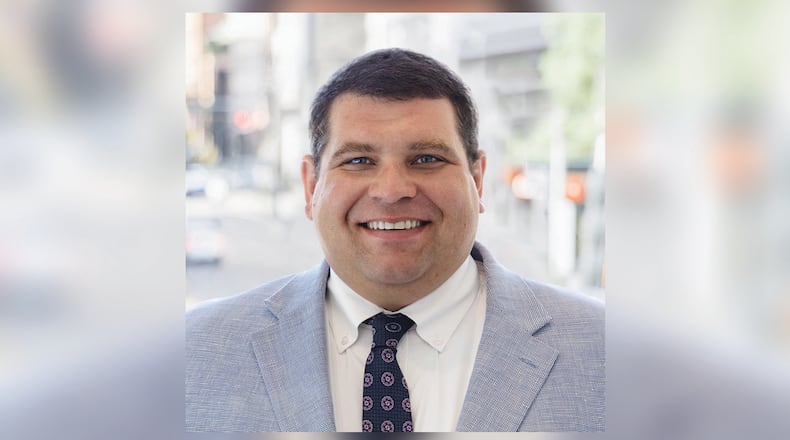The philosophy of Catholic education is what allows our schools to perform extraordinarily well as compared with other educational options. While college and career readiness are good and noble endeavors, necessary for a productive society, Catholic schools are inspired by a supernatural vision which goes beyond by preparing good citizens for the world and good citizens for heaven, the next generation of saints! Catholic schools create strong, familial communities that recognize each student as made in the image of God.
From a boarder vantage point, people of goodwill can reason that a values-neutral school option, which has been used as a counterargument to the school choice movement, is itself an embrace of a certain set of values. The reality is that educators and administrators make decisions every day about how children should learn, what should be taught, and which behaviors and attitudes should be corrected and which should be affirmed. Ideological impartiality is a myth in an educational setting.
Families of modest means are too often trapped in the school assigned by their zip code, even if it contradicts their values. If a family believes truth is objective, they should have access to a school that teaches it. Without equitable funding, we deny the poor and working-class the fundamental freedom of directing their children’s education—a freedom the wealthy take for granted.
To be clear, this is not a debate between public and private schools. Our communities thrive when we have a diverse educational marketplace, one that fosters innovation and measures success by more than just standardized test scores. From the earliest days of Ohio’s expansion, this vision was embedded in our foundation. The Northwest Ordinance of 1787 affirmed that faith, values, and education are inseparable: “Religion, morality, and knowledge, being necessary to good government and the happiness of mankind, schools and the means of education shall forever be encouraged” (Art. 3).
Nor is the debate on education reform between political opponents. In a December 2023 RealClear Option Research poll, 76% of voters polled say they are more likely to vote for a candidate who supports school choice, including 77% of Democrats, 86% of Republicans, and 67% of Independents. It is clear that most parents, from an array of beliefs and backgrounds, value the benefits of their voices being part of the educational system.
Ohioans have long valued educational subsidiarity, where decisions are best made close to home. No decision is more local than parents choosing a school for their children at their own dining room table. Moreover, supporting parental choice does not undermine any educational institution; it affirms a fundamental truth: parents are their children’s first and most important teachers, and they deserve the freedom and resources to fulfill that sacred role.
Matt Daniels is the Superintendent of Schools for the Archdiocese of Cincinnati.
About the Author
